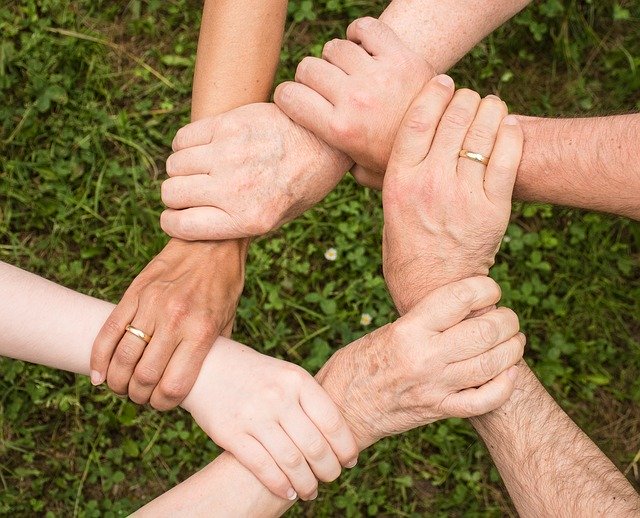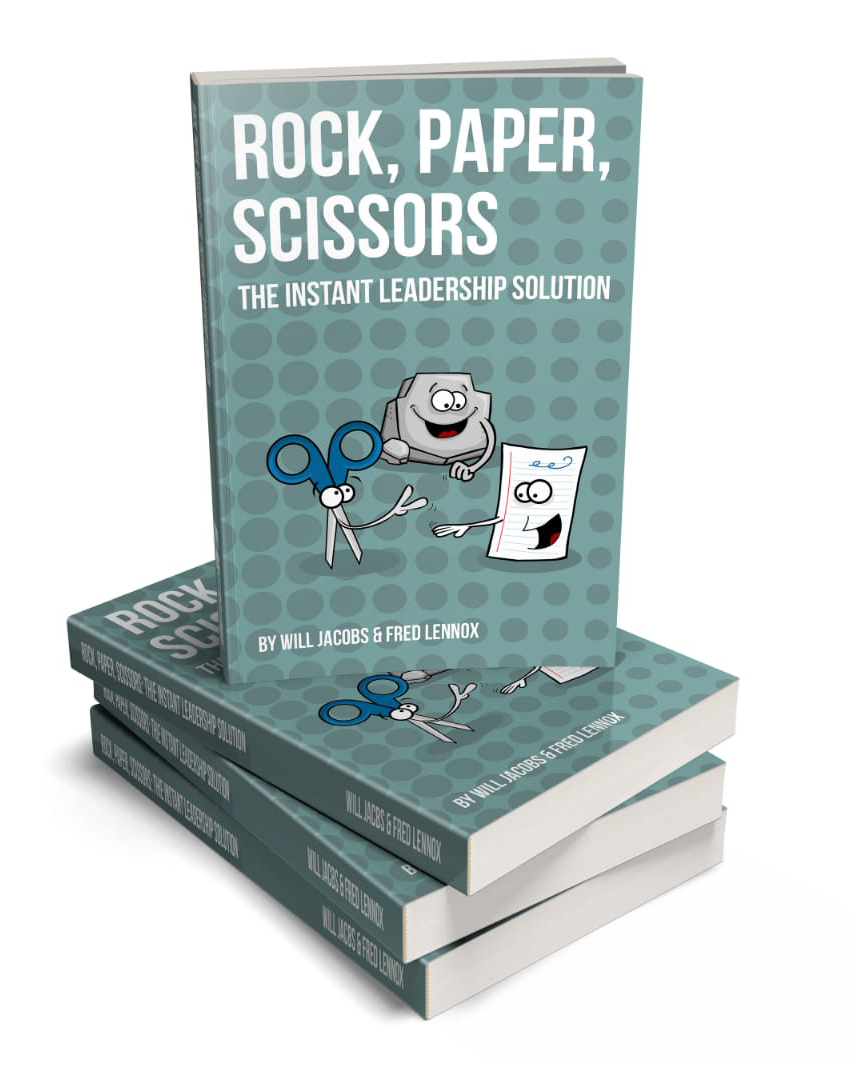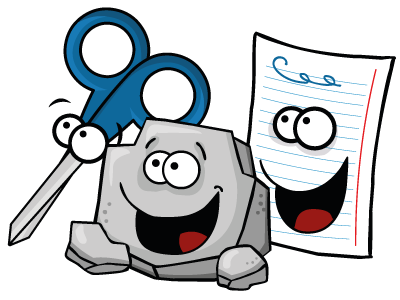
Using the RPS Framework to help those closest to us
I was approached by my teenage daughter yesterday. We had just learned from the Governor of our state that we will need to remain under a stay at home advisory for another month. My daughter, as we all are, was quite distraught. She told me that if she needs to stay isolated from her friends and not be allowed to go to school for another month that she “would go insane”. My daughter is a real “people person”, who requires physical connections with other to thrive. I too am concerned about the social isolation, but as a data driven introvert, being alone with the family at home is fine by me as long as I have internet.
I wanted to help my daughter cope with the current situation. To assist her, I turned to the Rock, Paper, Scissors (RPS) framework that I developed with my co-author Will Jacobs from the RPS Academy. Before I go into how I might help my daughter, let’s summarize the three personalities of RPS.
ROCKS
Rocks are persistent and have strong convictions. They also find explaining their viewpoints uncomfortable. They’ll probably refuse to change their minds about an idea or plan once they’ve decided what action to take and will stop at nothing to complete it, no matter what adversities they face. They can also come across as unemotional, preferring to stick to the facts.
PAPERS
Papers are talkative, action-oriented, sociable, enthusiastic, and often outgoing. They love to talk around a subject rather than getting to the point, and to find solutions to problems by discussing them. They’re inherently unstructured in their way of talking and doing, and although they can often be extroverts, this isn’t always the case.
SCISSORS
Scissors are incisive, suspicious, exacting, critical, and organized. They set themselves high standards for everything they do and have a demanding work ethic. The devil is in the detail for them, and they have a passion for continuous learning.
OK, now let’s come back to my daughter and myself. My daughter is a natural paper while I am a card-carrying scissor. Controlling for age and experience, out RPS type is one way that we interpret the current situation differently. Taking in the same input of staying at home, I internalize this as a time for massive amounts of data acquisition and interpretation, while she is becoming anxious about the erosion of her physical network of friends. I have learned by advising organizations and working with colleagues that Papers are made for work that involves the following:
- Brainstorming new ideas
- Building relationships
- Talking persuasively
- Developing radical solutions to seemingly intractable problems
So then, if I engage my daughter with some of these activities, will it then help her to be more at ease?
I decided to give it a try.
First, we sat down together and brainstormed solutions. We explored opportunities to virtually network such as video conferencing, chat groups, collaborative online games. We also discussed social distancing enabled recreation ideas, including biking, nature walks, and martial arts practice in the backyard. Unfortunately, nothing seemed to spark her interest. At the end of the discussion, I asked her to go off and think about how she could solve for this.
Some time later, my daughter came back with a variety of ideas all entrenched in the RPS idea of building relationship (of course this is not how she framed it). She proposed the following activities:
- Taking turns cooking a meals that delight another family member
- Learn a new skill, knitting, with her mother
- Play a board game with me every day
- Join zoom enabled martial arts classes three days a week
- Have movie marathons with her sister
Her mood had improved noticeably when she came back with these ideas. I think the whole activity for her was therapeutic, because it allowed her to focus her empathy towards others through brainstorming.
Let’s see how it all goes. We have at least another month of this experiment.
How are you assisting your friends and loved ones through these extraordinary times? Kindly share.
Latest Blogs
Our teams are ready to adapt, are we?
How RPS can Enhance Emotional Intelligence
Help, I need somebody
Staying Connected
Finding Joy




